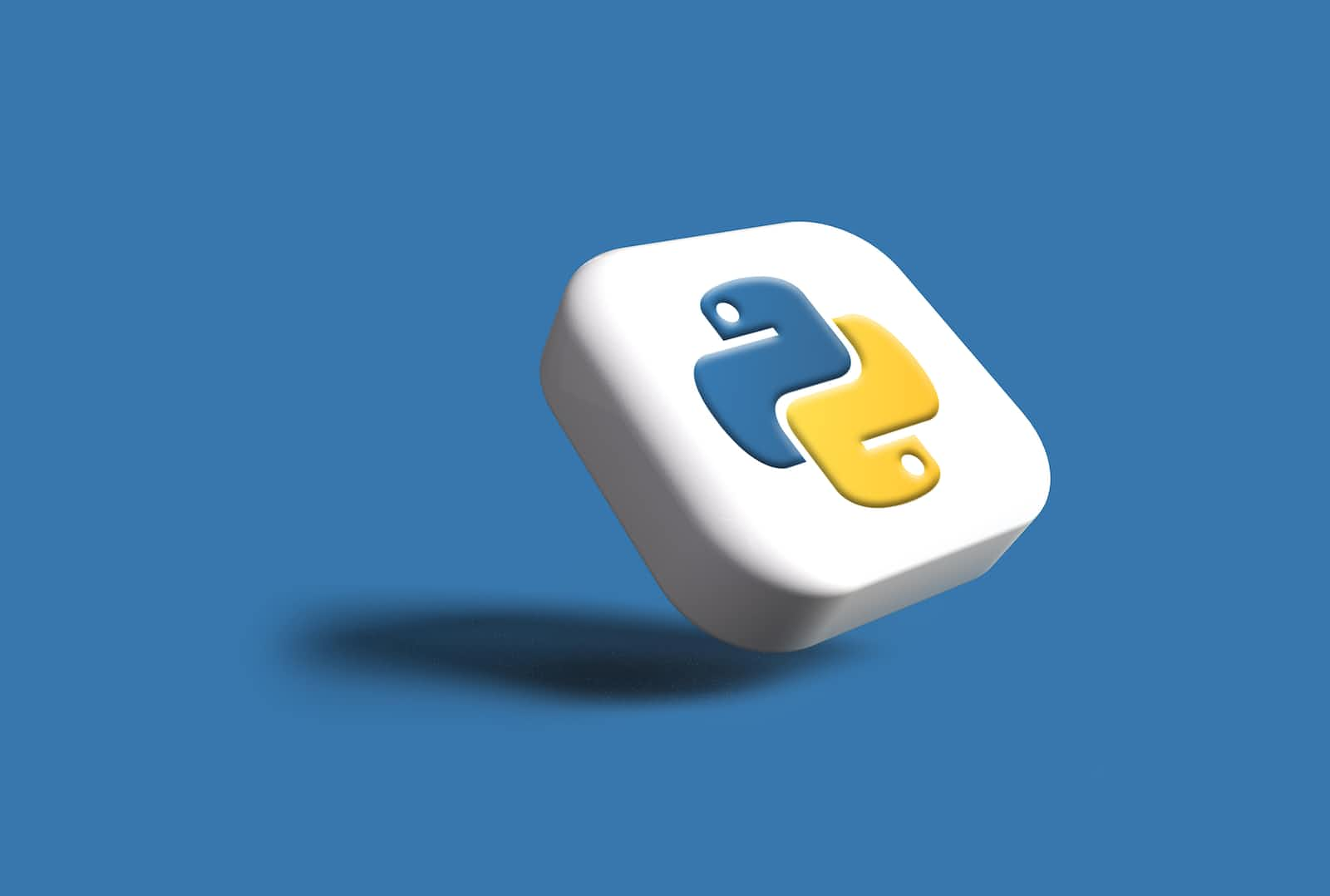Dockerizing CDKTF with Python
 Jérôme Hoarau
Jérôme Hoarau
Cloud Development Kit for Terraform (CDKTF) is a framework that allows you to use familiar programming languages to define and provision infrastructure using Terraform. CDKTF supports multiple languages, including Python, which is a popular choice for DevOps engineers.
Unfortunately, there is currently no official Docker image for it. Using a Dockerfile, you can ensure that your CDKTF application has all the dependencies and configurations needed to run smoothly and consistently. In this blog post, I will show you the Dockerfile I built for my project that uses CDKTF with Python to create a Kubernetes cluster.
Let’s get started!
File Structure
To speed up the development process and docker build time, I have found the following file structure the most appropriate for a CDKTF project:
Git Repo
|- app
| |- <Stack#1>.py
| |- <Stack#1>_tests.py
| |- ...
| |- <Stack#N>.py
| |- <Stack#N>_tests.py
|- cdktf.out
| |- stacks
| |- |- <Stack#1>
| |- |- |- .terraform.lock.hcl
| |- |- ...
| |- |- <Stack#N>
| |- |- |- .terraform.lock.hcl
| Dockerfile
| Pipfile
| Pipfile.lock
| cdktf.json
The stacks include the parent directory to the Python system path, so the imports to the CDK and TF providers modules work nicely.
Docker file
My project contains other docker images that also need Python, and I want to reuse the same base image for all of them. This way, I can avoid duplicating the installation steps and reduce the size and complexity of my docker images.
Base Image (source)
# ***
# Ubuntu is used for consistency with other use cases of the project.
# Otherwise a minimal and more secured OS base image like Alpine is
# a better choice.
# ***
FROM ubuntu:22.04
# ***
# Python Installation
# ***
ENV PYTHON_VERSION=3.12
# non interactive needed for software-properties-common
ENV DEBIAN_FRONTEND=noninteractive
# software-properties-common required for add-apt-repository
# ppa required for python 3.12 https://launchpad.net/~deadsnakes/+archive/ubuntu/ppa/
RUN apt-get update && \
apt-get install -y --no-install-recommends curl && \
apt-get install -y software-properties-common && \
add-apt-repository ppa:deadsnakes/ppa && \
apt-get update && \
apt-get install -y python$PYTHON_VERSION && \
apt-get clean all
RUN python3 --version | awk '{if ($2 < 3.10) exit 1;}'
CDKTF Image (source)
FROM base:local
# ***
# cdktf Installation (requires Node.js)
# ***
ENV TERRAFORM_VERSION=1.5.5-1
ENV NODE_MAJOR=20
ENV NODE_VERSION=20.5.1-1nodesource1
ENV CDKTF_CLI_VERSION=0.18.0
ENV PIP_PIPENV_VERSION=2023.11.15
# make & g++ required for cdk-cli
RUN apt-get update && \
apt-get install -y make g++ && \
curl -fsSL https://apt.releases.hashicorp.com/gpg | \
gpg --dearmor | \
tee /usr/share/keyrings/hashicorp-archive-keyring.gpg && \
echo "deb [signed-by=/usr/share/keyrings/hashicorp-archive-keyring.gpg] \
https://apt.releases.hashicorp.com $(lsb_release -cs) main" | \
tee /etc/apt/sources.list.d/hashicorp.list && \
apt-get update && \
apt-get install -y terraform=$TERRAFORM_VERSION && \
curl -fsSL https://deb.nodesource.com/gpgkey/nodesource-repo.gpg.key | \
gpg --dearmor -o /usr/share/keyrings/nodesource.gpg && \
echo "deb [signed-by=/usr/share/keyrings/nodesource.gpg] \
https://deb.nodesource.com/node_$NODE_MAJOR.x nodistro main" | \
tee /etc/apt/sources.list.d/nodesource.list && \
apt-get update && \
apt-get install -y nodejs=$NODE_VERSION && \
apt-get clean all
ENV CDKTF_HOME_DIR=/home/cdktf
RUN useradd -m cdktf -d $CDKTF_HOME_DIR
ENV PATH=$CDKTF_HOME_DIR/.local/bin:$PATH
# Best practice: do not use root
USER cdktf
WORKDIR $CDKTF_HOME_DIR
RUN terraform --version && \
node --version || \
exit 1
RUN npm install cdktf-cli@$CDKTF_CLI_VERSION
RUN npx cdktf --version || \
exit 1
# TODO pin version instead
RUN curl https://bootstrap.pypa.io/get-pip.py -o get-pip.py && \
python3 get-pip.py --user && \
rm get-pip.py
RUN python3 -m pip -V || exit 1
RUN python3 -m pip install --user pipenv==$PIP_PIPENV_VERSION
# init CDKTF application to optimize build process time
COPY --chown=cdktf:cdktk Pipfile Pipfile.lock cdktf.json ./
RUN pipenv install
# generate CDK Constructs for Terraform providers
# specified in cdktf.son. Can take several minutes.
# alternative: commit the imports directory generated
RUN npx cdktf get
# cdktf.out directory contains terraform dependency lock files
COPY --chown=cdktf:cdktk cdktf.out/ cdktf.out
# copy custom files that performs provisioning tasks
COPY --chown=cdktf:cdktk Makefile provisioning.sh ./
ENTRYPOINT [ "make" ]
Finally, execute the following command to mount the stack source code as a volume and run CDKTF against them:
docker run \
--rm \
-v ./provisioning/app:/home/cdktf/app \
cdktf:local \
<args>
In upcoming posts, I will share how I use CDKTF to provision a Kubernetes cluster on AWS. You can find more details about this project here.
As I delve deeper into CDKTF, I am open to learning more. Your feedback is valuable, so feel free to comment below or connect with me on GitHub.
Thank you for reading, and happy coding!
Subscribe to my newsletter
Read articles from Jérôme Hoarau directly inside your inbox. Subscribe to the newsletter, and don't miss out.
Written by

Jérôme Hoarau
Jérôme Hoarau
Cloud Enthusiast